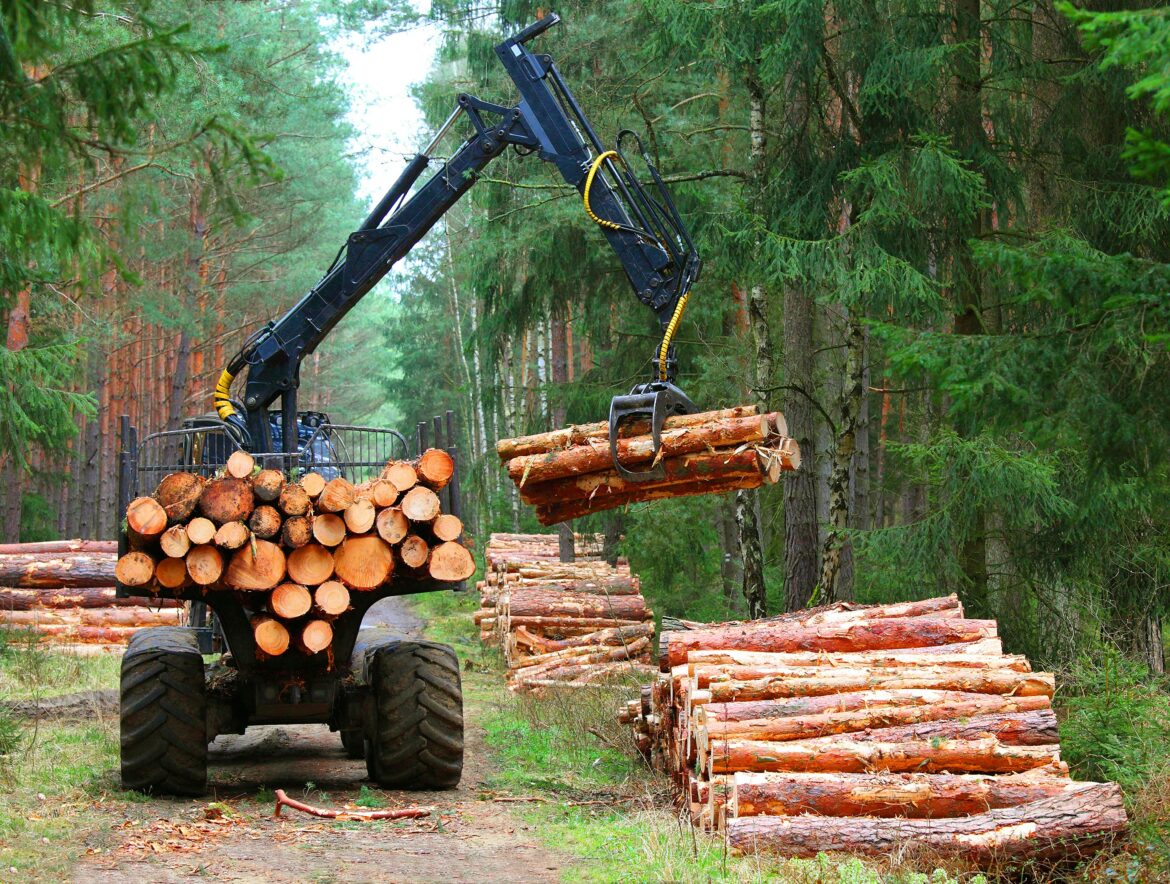The B.C. forestry sector is facing further challenges with Canfor’s announcement of the permanent closure of two sawmills and reduced operations in the southern United States, leading to concerns for workers and communities dependent on the industry. Canfor, a major player in the province’s forestry sector, will shut down its Plateau sawmill in Vanderhoof and its Fort St. John sawmill.
Bruce Ralston, B.C.’s Minister of Forests, responded to the decision, stating that the provincial government’s priority is to support those affected by the closures. “Right now, our number one thought is how we can support the workers, families, and communities impacted by Canfor’s decision,” he said.
Ralston emphasized the importance of the forest sector to B.C.’s economy and the government’s commitment to both immediate and long-term actions to sustain forestry jobs. “We will be there to support workers and communities, while we continue to take action to create the opportunities that are needed in the forestry sector,” he added.
The announcement follows ongoing difficulties in the industry, including rising duties on softwood lumber imposed by the U.S. Department of Commerce and lower lumber prices. “The U.S. Department of Commerce’s decision to increase punishing softwood lumber duties, on top of low prices for lumber, is hurting forestry communities,” Ralston said, noting that the province will continue to challenge the tariffs and stand by its forestry workers.
B.C.’s forestry sector has also been hit by recent wildfires and the end of the mountain pine beetle harvest, which have reduced access to wood fibre. The provincial government is working to increase access to fibre and boost local manufacturing, according to Ralston.
“Through programs such as the BC Manufacturing Jobs Fund, we are securing hundreds of millions of dollars in private-sector investment into local forestry operations, helping B.C. businesses upgrade to new technologies, develop new processes, and create more jobs,” he explained.
In collaboration with First Nations, local communities, and industry stakeholders, the province aims to ensure a sustainable fibre supply for the future. “By bringing First Nations, local communities, and the forestry industry together, B.C. is taking action to ensure there is a fibre supply for industry that is sustainable now and for generations to come,” Ralston said.
The closures of the Plateau and Fort St. John sawmills mark another setback for B.C.’s forestry industry, which has been grappling with multiple pressures, including trade disputes and environmental challenges.



